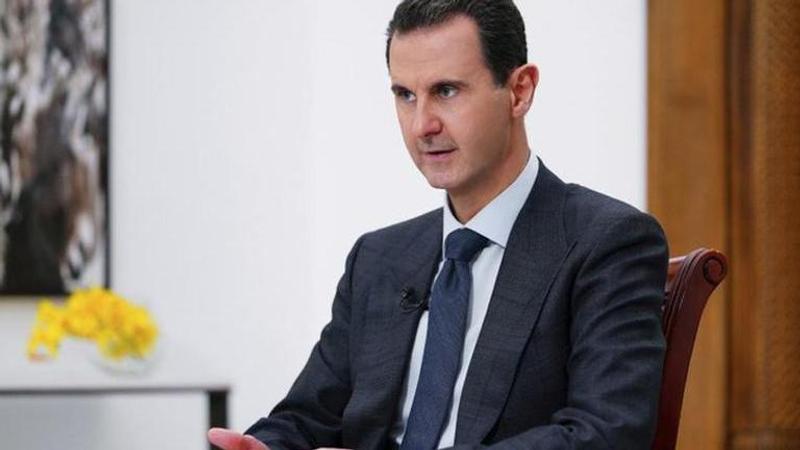Published 23:21 IST, July 17th 2021
Bashar al-Assad says funds stuck in Lebanese banks biggest impediment to investment
Syrian President Bashar al-Assad stated that the main barrier to funding within the country was money stuck in failing Lebanese banks on Saturday.

Syrian President Bashar al-Assad, on Saturday, 17 July, stated that the main barrier to investment within the country was money stuck in ailing Lebanese banks. Assad said that the frozen money was valued between $40 billion and $60 billion in a speech after being sworn in as President for a fourth term after receiving almost 95.1 per cent of the vote in government-controlled areas.
The economic downturn is jeopardising Syria's stability
He stated that both the figures are enough to devastate their economy as Lebanon is experiencing a severe economic downturn that is jeopardising its stability. Since the commencement of the country's crisis in late 2019, Lebanese banks have locked depositors out of their accounts and prohibited transfers outside.
Many Syrian front firms have long used Lebanon's financial system to pay for commodities that were then brought into Syria by land, evading Western sanctions. Assad also stated that Syria would continue to work to overcome the challenges created by Western sanctions imposed during the country's decade-long civil conflict.
Syrian authorities blame Western sanctions for widespread misery, such as rising prices and people being unable to purchase food and other necessities. Opponents and the West claim the election was rigged, while the administration claims it demonstrated the country's normal functioning despite the protracted war. Assad's greatest difficulty now that he has retaken control of roughly 70% of the country is a faltering economy.
The Syrian government announced a hike in bread and fuel last Sunday
To deal with a financial crisis, the Syrian government recently announced a sharp hike in bread and fuel costs, causing extra misery to citizens of the country. Prices of bread doubled and diesel prices nearly quadrupled on July 11th, as new rates went into effect in government-held portions of Syria amid a long-running economic crisis. President Bashar al-Assad's government has hiked fuel prices several times in recent years to address a financial crisis brought on by the war and exacerbated by a series of Western sanctions.
Nearly half of Syria's pre-war population has been displaced or is residing as refugees in neighbouring countries or Europe. Tens of thousands have gone missing as a result of the civil conflict, which has also wreaked havoc on the country's infrastructure.
(With Agency Inputs)
Updated 23:21 IST, July 17th 2021




